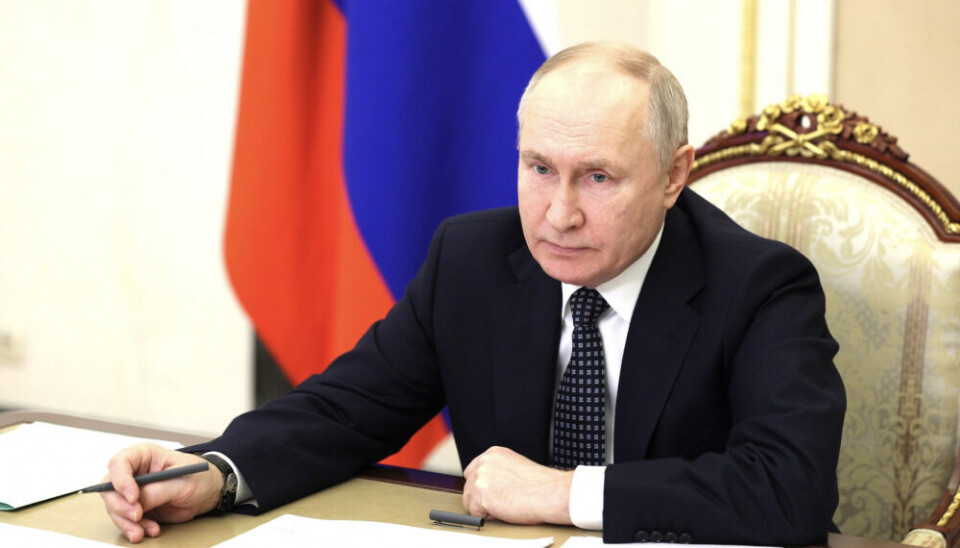
Putin signs property confiscation law
The law is aimed to punish for spreading “falsehoods” about the Russian army.
On Wednesday, February 14, Russian President Vladimir Putin signed a new law that defines the list of crimes punishable through the confiscation of property.
Among the crimes is the distribution of what the Russian state defines as “falsehoods” about the Russian army. Any information, that does not correlate with the official statements of the Defence Ministry could be branded as “fake”. The crimes for which one can lose property also include desertion, failure to comply with orders, participation in an undesirable organization, as well as “public calls aimed against the security of the Russian state.”
Earlier this year, a former KGB agent and current Russian MP Andrey Lugovoy delivered a threatening message to the country’s opposition in exile:
“Anyone who tries to harm their homeland, country and citizens will lose everything and die beyond the borders of our country, like a dog,” Lugovoy said at a press briefing right after the new law was adopted in the first reading of the Russian Parliament. Lugovoy added that Kremlin critics should face both prison and the loss of their property: “Sitting there, having fled the country, is, of course, easy and pleasant. They live on the money that comes to them from Russia. But we will not allow this situation,” he said.
The Russian Criminal Code specifies that property to be confiscated is the one “obtained as a result of the committing a crime or used to commit the crimes”. But how exactly the law will be used is unclear.
Russian independent journalists recently analyzed the Russian Ministry of Internal Affairs database of the “wanted” people. Journalists have also developed a search tool - anyone can check if they are on the list. The list of names includes not only dozens of Russian political and human rights activists, as well as dozens of European officials and politicians. The appearance on this list could also indicate that a person could be up for property confiscation in Russia.














